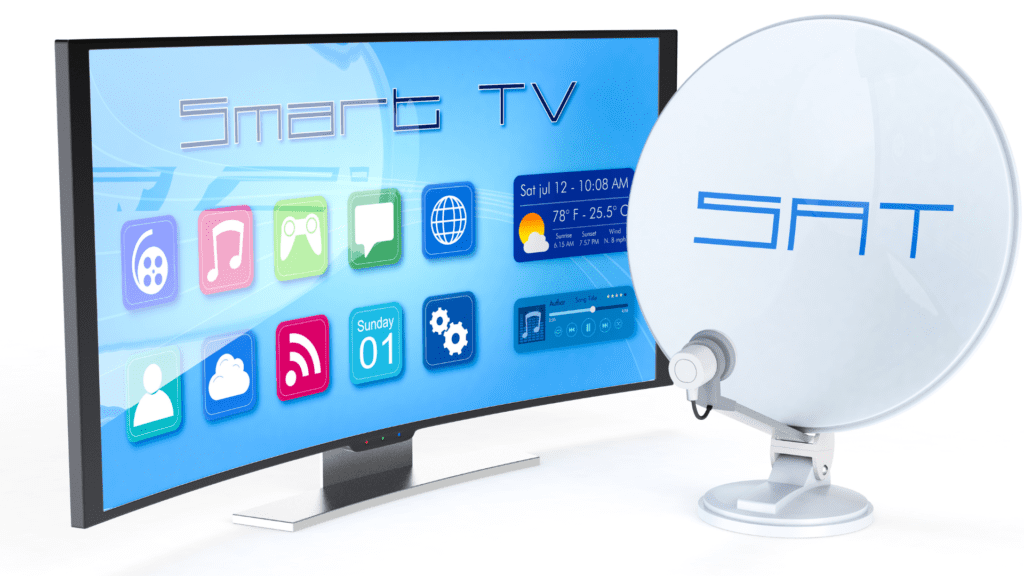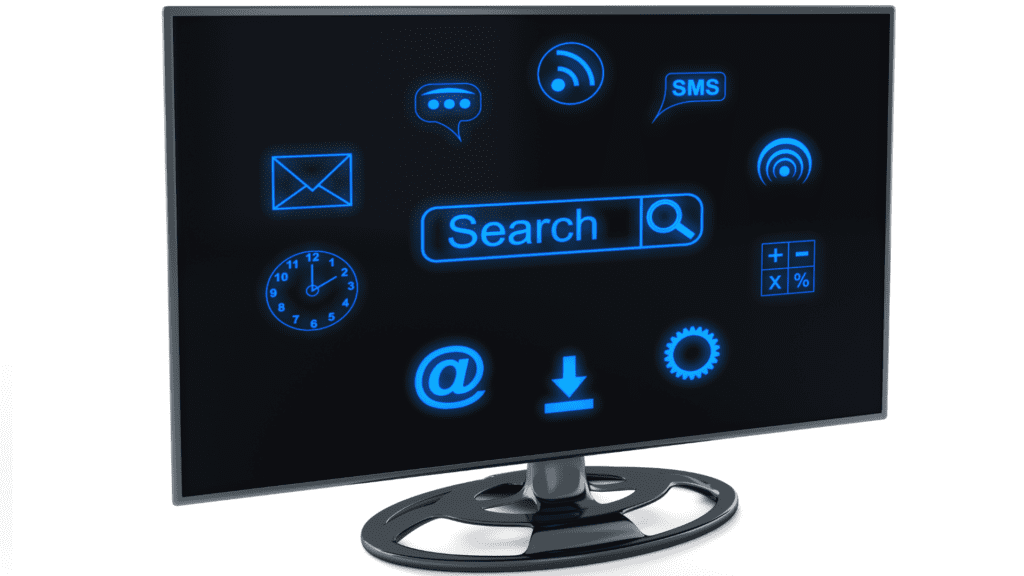In recent years, the advent of smart TVs has revolutionized the way we consume television content. With their built-in internet connectivity and app support, smart TVs offer a convenient platform for accessing a wide range of streaming services, including internet protocol television (IPTV). However, like any technology, smart TVs have their own set of advantages and drawbacks when it comes to IPTV viewing. In this comprehensive analysis, we’ll delve into the pros and cons of smart TVs in IPTV viewing to help you make an informed decision about your entertainment setup.
Pros of Smart TVs for IPTV Viewing
Integrated Apps:
One of the primary advantages of smart TVs is their ability to access a variety of streaming apps directly from the TV’s interface. This means you can easily download and install IPTV apps from the TV’s app store, eliminating the need for additional streaming devices or set-top boxes.
Convenience:
Smart TVs offer a seamless and convenient viewing experience, allowing you to switch between traditional broadcast television and IPTV content with ease. You can access your favorite channels and on-demand content without having to switch inputs or navigate complex menus.
Large Screen Size:
Smart TVs typically come in larger screen sizes compared to other devices like smartphones or tablets. This makes them ideal for enjoying IPTV content on a big screen, providing a more immersive viewing experience, especially for movies, sports, and other multimedia content.
High-Quality Display:
Many smart TVs feature high-resolution displays with advanced technologies such as 4K Ultra HD, HDR (High Dynamic Range), and OLED (Organic Light Emitting Diode) panels. This results in crisp, vibrant images and immersive viewing experiences, enhancing the quality of IPTV content.
Wireless Connectivity:
Smart TVs support wireless connectivity options such as Wi-Fi and Bluetooth, allowing you to connect to your home network and other devices wirelessly. This eliminates the need for cumbersome cables and enables seamless integration with other smart home devices.
Smart Features:
In addition to IPTV viewing, smart TVs offer a range of smart features and functionalities, such as voice control, screen mirroring, web browsing, and smart home integration. This adds versatility to your entertainment setup and enhances the overall user experience.
Compatibility with Smart Home Devices:
Smart TVs often integrate with other smart home devices and platforms, allowing you to control your TV using voice commands or automation routines. This seamless integration enhances the convenience and usability of your smart TV for IPTV viewing and other purposes.
Regular Software Updates:
Smart TV manufacturers regularly release software updates to improve performance, add new features, and fix bugs or security vulnerabilities. These updates ensure that your smart TV stays up-to-date and secure, providing a reliable platform for IPTV viewing.

Cons of Smart TVs for IPTV Viewing
Limited App Selection:
While smart TVs offer access to a variety of streaming apps, the selection may be limited compared to dedicated streaming devices like Roku or Apple TV. Some smart TV platforms may not support certain IPTV apps or may have outdated versions available.
Performance Issues:
Smart TVs may experience performance issues such as lag, buffering, or crashes when running resource-intensive apps or streaming high-definition content. This can be frustrating and detract from the viewing experience, especially during peak usage times or on older TV models.
Software Updates:
Smart TVs require regular software updates to maintain security, fix bugs, and add new features. However, the update process can be slow and cumbersome, leading to interruptions in service or compatibility issues with certain apps or services.
Privacy Concerns:
Smart TVs may raise privacy concerns due to their always-on internet connectivity and data collection practices. Some smart TV manufacturers track and collect user data for advertising and analytics purposes, potentially compromising user privacy and security.
Cost:
Smart TVs tend to be more expensive than traditional TVs or standalone streaming devices. While they offer additional features and functionalities, the higher cost may deter some consumers, especially those on a budget who only require basic IPTV viewing capabilities.
Technical Support:
Getting technical support for smart TV can be challenging, especially if you encounter issues with third-party apps or services. Support may vary depending on the manufacturer and model of your TV, and troubleshooting problems may require contacting multiple parties, including the TV manufacturer, app developer, and internet service provider.
Limited Lifespan:
Smart TVs may have a shorter lifespan compared to traditional TVs due to rapid advancements in technology and changes in streaming standards. As newer models are released with upgraded features and capabilities, older smart TV may become obsolete or unsupported over time.
Conclusion
In conclusion, smart TV offer a convenient and feature-rich platform for accessing IPTV content, with benefits such as integrated apps, convenience, large screen size, high-quality display, wireless connectivity, smart features, compatibility with smart home devices, and regular software updates. However, they also have drawbacks, including limited app selection, performance issues, software updates, privacy concerns, cost, and technical support challenges. When considering whether to use a smart TV for IPTV viewing, weigh these pros and cons carefully to determine if it’s the right choice for your entertainment needs. Ultimately, the decision will depend on your preferences, budget, and the specific features and performance requirements you prioritize in your IPTV viewing experience. With the right setup and configuration, a smart TV can provide an immersive and enjoyable IPTV viewing experience, enhancing your entertainment options in the digital age.

